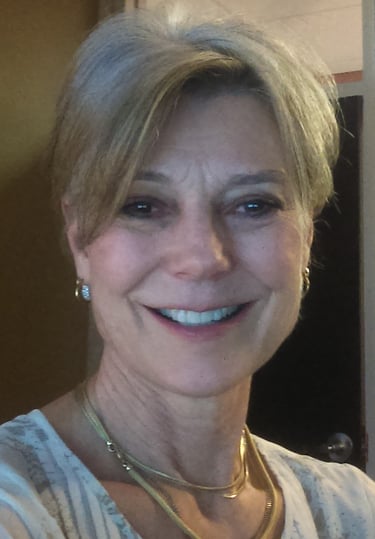Meet Christina Sobin, PhD
Psychotherapist, Psychologist
Helping you navigate life's challenges with empathy and expertise.


Hello!
My name is Christina Sobin, PhD. I am a Licensed Clinical Psychologist. I have extensive experience with working women, and particularly, professionals in science and health care, university professors, graduate students, and a wide range of other career professionals dealing with work-related issues, family dynamics, and work/life balance. I welcome adults of all ages and career backgrounds.
My approach to therapy …
I use a client-centered approach. That means you are in charge. You should always feel comfortable, safe and supported in therapy sessions. I will always listen carefully to how you feel and what you need as we work together to build a trusted relationship.
I use different methods depending on your treatment goals and your needs ...
I will begin by listening to what brings you to psychotherapy at this point in your life, and what you are hoping to gain. I’ll clarify for you the different methods that I use, and together we will agree on an approach that makes sense to you. All of my approaches are trauma-informed and might include Insight-Oriented Therapy, Psychodynamic Therapy, Mindfulness-Based Cognitive Therapy, Well-Being Therapy, or a combination of methods. All of these methods help to tease apart feelings, thoughts and actions, and provide ways to use insight to manage emotions, increase your choices, and build your resilience.
What you can expect from our first session …
Above all, listening. It takes time to understand how and why life circumstances have brought you to therapy at this time. It may take time to put your unique situation into words and that’s why I am here. Your feelings and thoughts are tied to your physical health, so along the way we’ll think together about how you approach self-care. Most clients experience a sense of relief from the first session. Our sessions will go forward at a pace that feels right to you.
What you can expect after the first session ...
After just a few sessions, you can expect to feel some relief. Within the first month you will start to experience increasing clarity and greater control. Longer-term, your improved self-knowledge will lead to greater resilience, inner strength and a wider range of life choices.
Christina Sobin, PhD
Phone:
828-977-6557
Email:
csobinphd@gmail.com